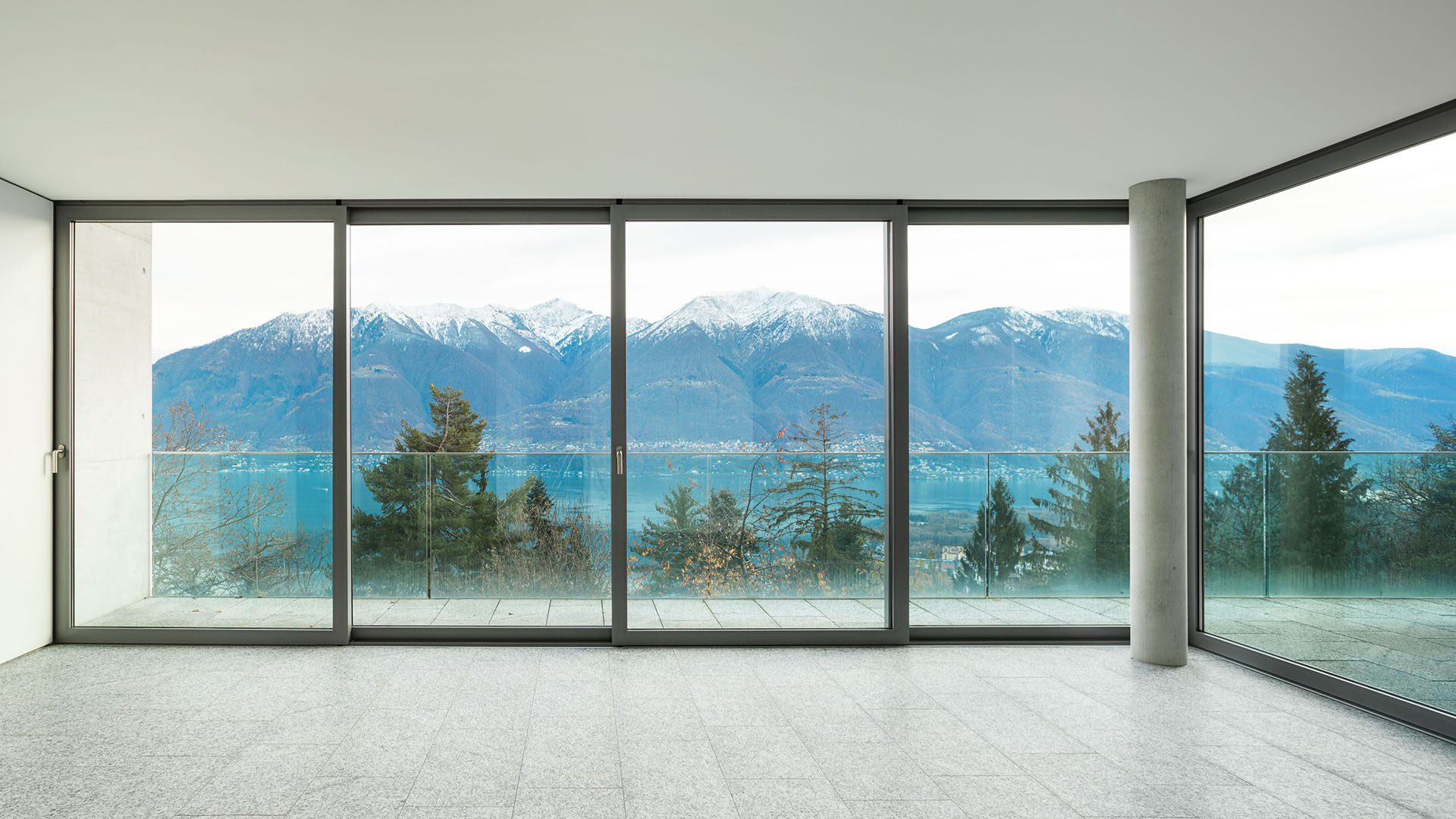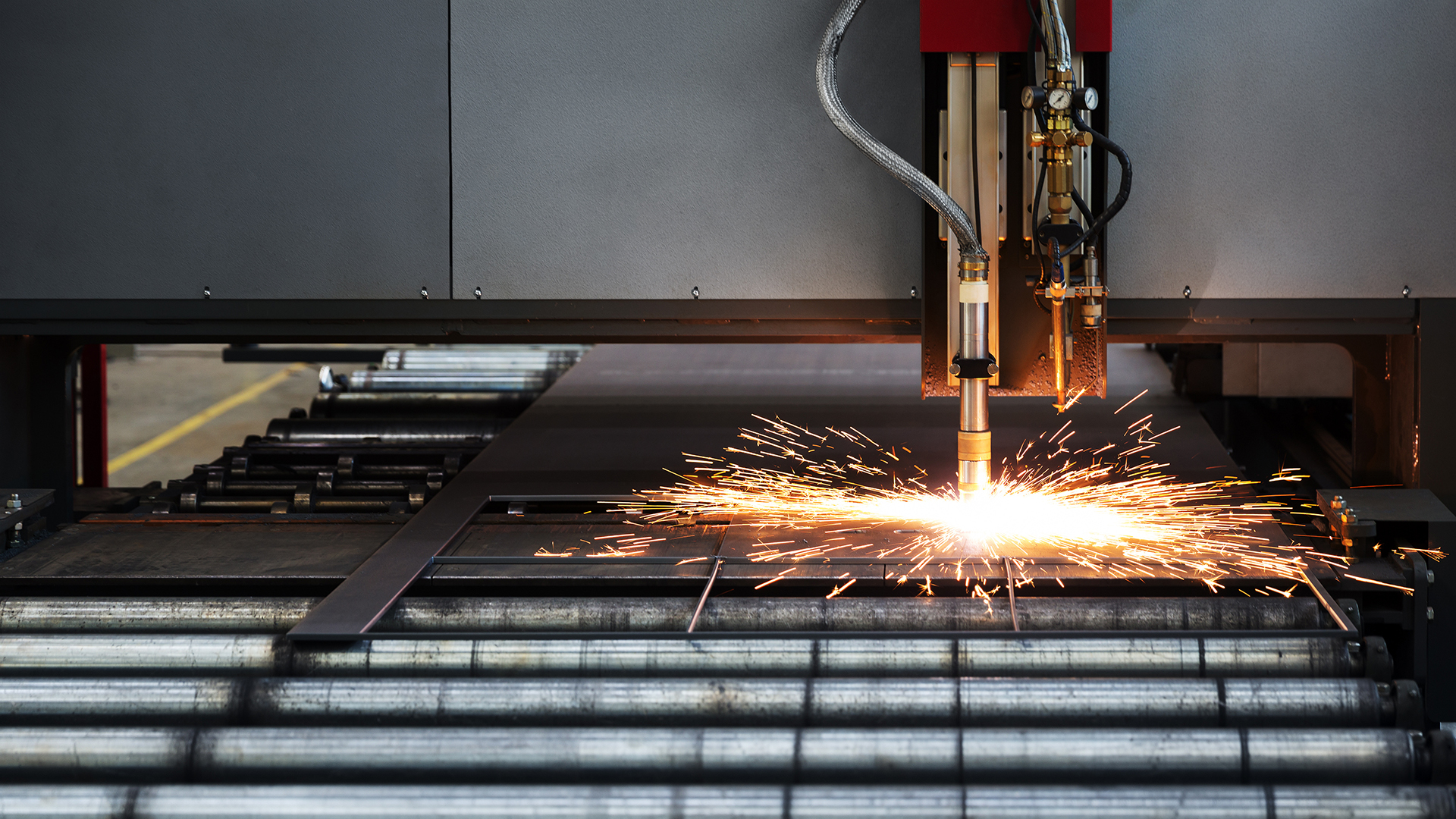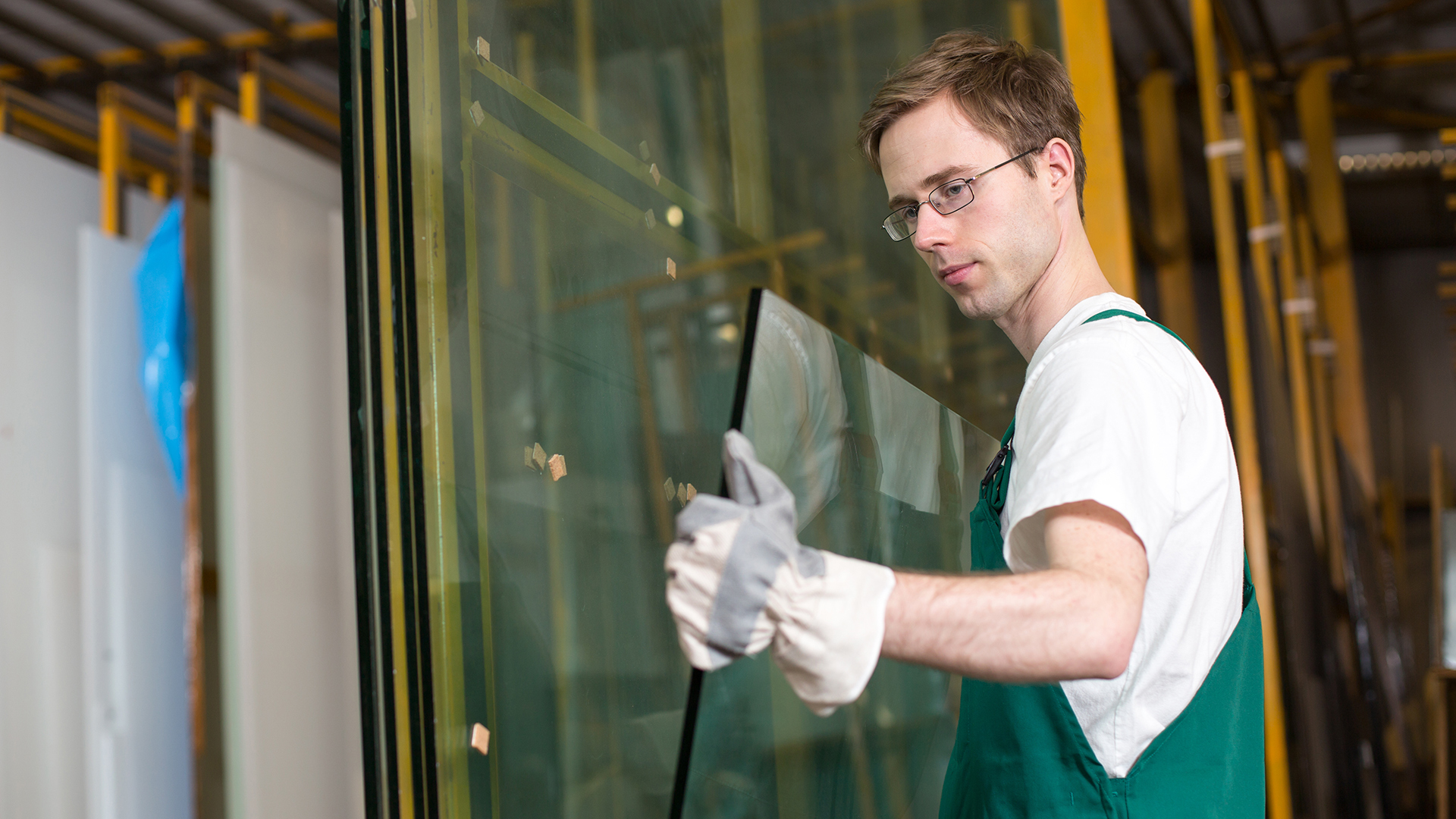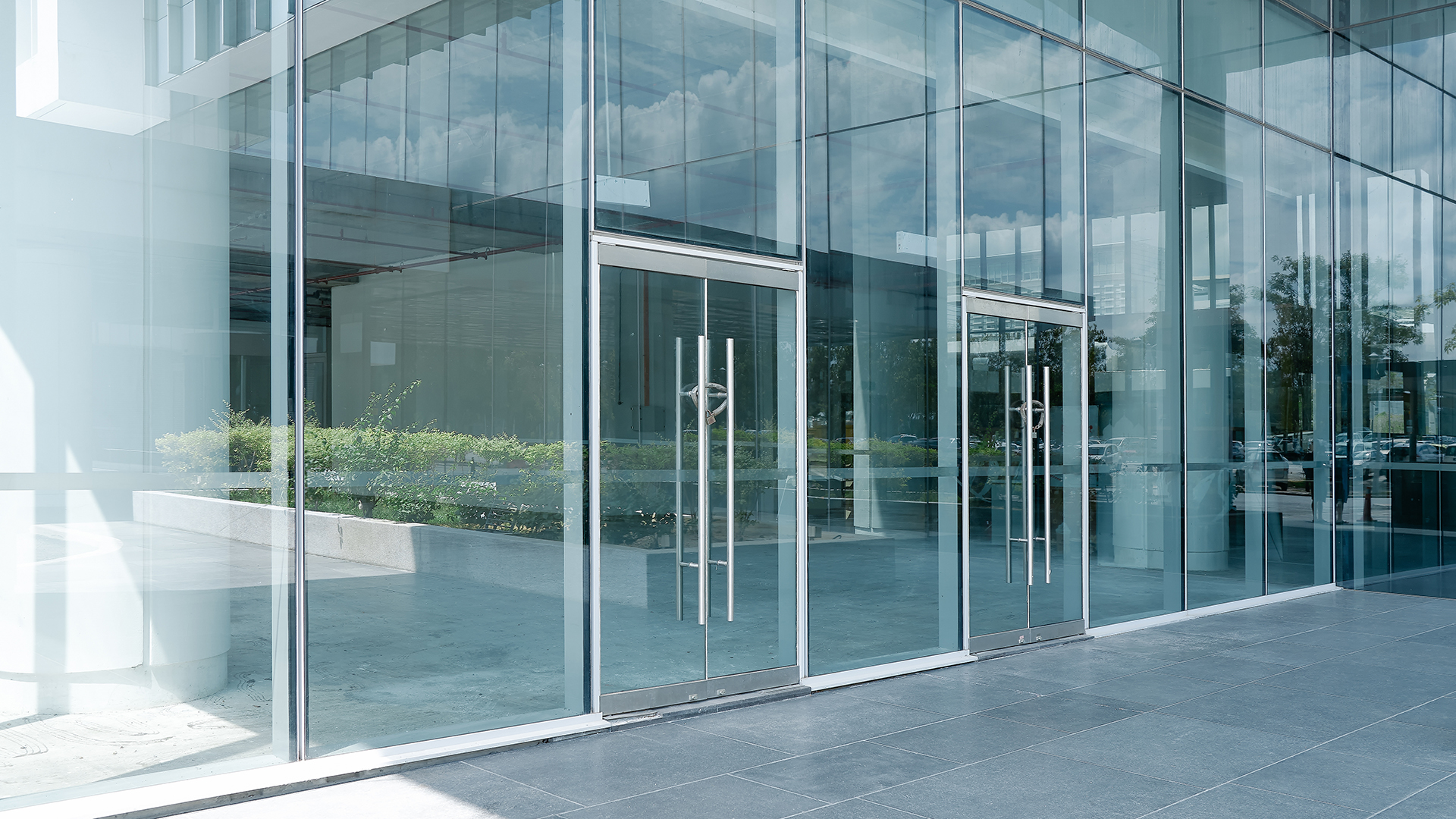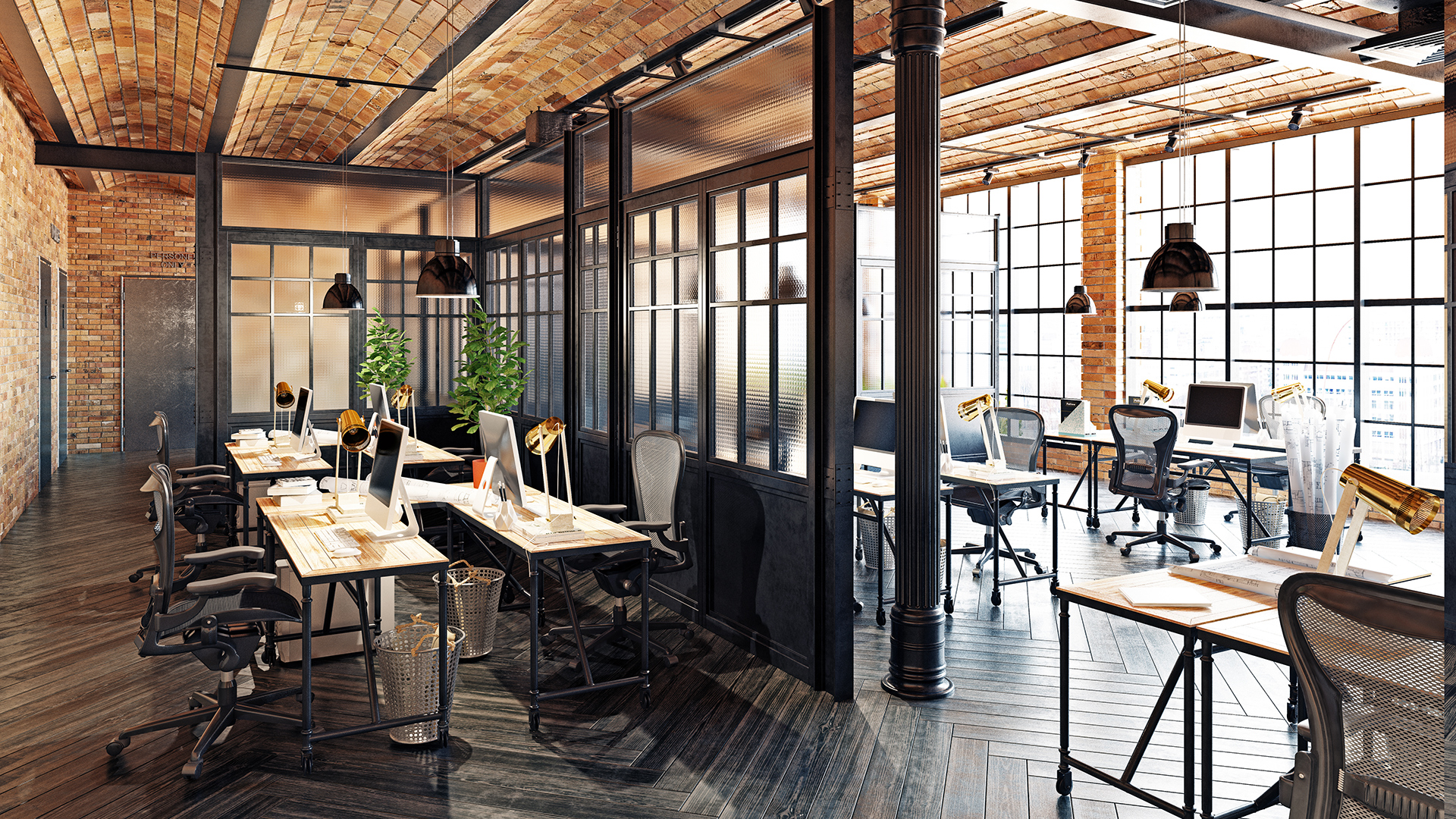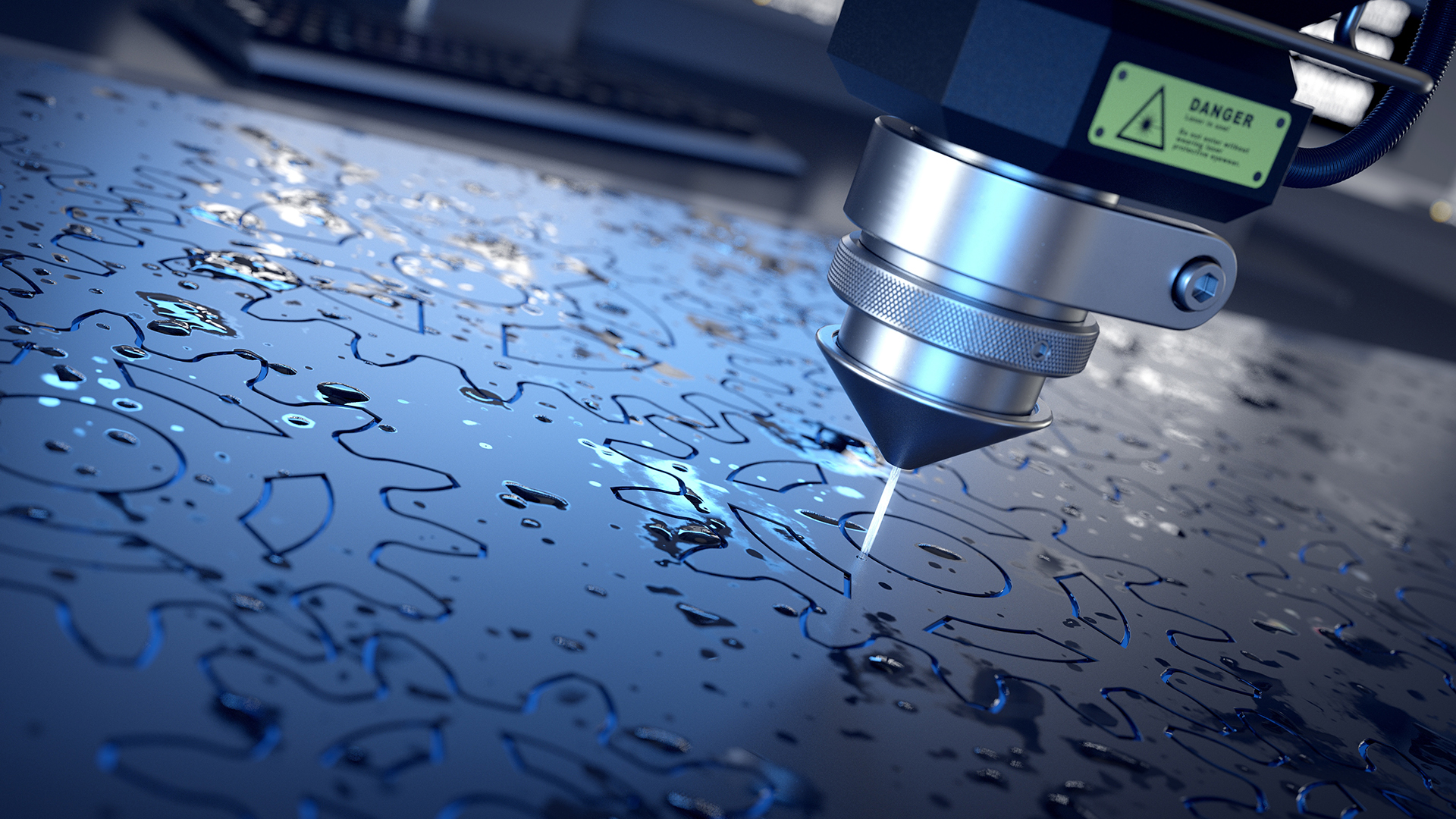Although replacing outdated windows in a home can be a difficult and expensive process, it is necessary to maintain the home’s comfort and energy efficiency. How can you tell when to replace old windows? Does it merit the price? What are the benefits and drawbacks of repair vs. replacement? These queries and a general review of window replacements are addressed in this article.
We’ll go through maintenance issues, financial problems, energy efficiency, and lifetime as well as other aspects to consider when determining whether to repair or replace existing windows. The information in this article should have helped readers understand things to think about before starting a window replacement job.
How Do I Know If My Old Windows Need Replacing?
To determine whether or not old windows need replacing, there are a few factors to consider. First and foremost is the age of the window; if it has been in place for more than twenty years, then it is undoubtedly time to replace them. Other necessary indicators of replacement include seal failure – when condensation builds up between panes – and difficulty opening and closing the window. Additionally, drafty windows are often indications that something needs attention.
The second factor to consider is the material used for construction: wooden frames require far more upkeep than vinyl ones, so if you have an older home with original wooden windows, they will likely need replacing sooner rather than later. Furthermore, modern materials offer better insulation, saving money on energy bills over time while increasing safety and security.
Finally, aesthetics should also come into play when considering window replacement. If your existing windows detract from the overall look of your house, then investing could pay off both financially and aesthetically in the long run. However, cost should always be considered depending on your desired upgrade. Considering these criteria will help you decide whether repairing or replacing old windows suits your needs and budget.
Maintenance Concerns For Older Windows
Older windows require much maintenance. They must be routinely inspected for wear and tear to keep them in good shape. This entails inspecting the seals, hinges, locks, and other parts that could influence their functionality. Repairs or replacements may be required if any problems are detected.
While replacing an old window might occasionally be a cost-effective solution, it is not always the ideal choice. Wear and tear over time might seriously harm the frame, suggesting that a total replacement could be preferable. The security and energy efficiency of modern technologies has also improved. Due to decreased heating costs and added security, replacing an old window with a new one may result in long-term financial savings.
On the other hand, replacing an old window will incur additional costs, such as labor, materials, and installation fees – all of which should be considered when deciding whether to repair or replace an old window. Additionally, there are environmental concerns since disposing of older windows often involves sending them off for recycling or disposal at landfill sites. Therefore careful consideration must be given before deciding whether repairing or replacing an older window is preferable.
Window Repair Vs. Replacement
Homeowners have two main choices regarding window replacement: repair or replacement. Before choosing, one should consider the advantages and disadvantages of each option.
Without replacing the entire unit, window repairs entail repairing specific parts of the current window structure. Repairs can be less expensive than replacements but may only seldom solve deeper problems like poor energy efficiency, security risks, or aesthetics. Depending on the windows’ age and condition, repairs may necessitate ongoing care, which raises the cost of materials and labor.
Replacement units bring several benefits, including improved insulation properties that can lower heating and cooling costs and increased safety features like tougher glass panes or additional locks. New styles will also provide an updated look to any home’s exterior. Thus, providing more effortless operation than older models. The replacement does come at a higher cost initially. Still, it is often more cost-effective in the long run due to reduced utility bills, less hassle from ongoing repairs, and longer expected life spans.
The best choice between repair or replacement ultimately depends on each homeowner’s unique situation. Budgetary considerations and desired improvements should all factor into this critical decision-making process.
What Is The Lifespan Of New Windows?
Recognizing how much window technology and materials have evolved is critical when considering new windows’ lifespan. A contemporary window has an average 20–50 year lifespan depending on the construction, quality, and installation conditions. Additionally, with proper upkeep, some window types, such as double- or triple-glazed ones, can survive up to 70 years.
Climate conditions (such as extreme temperatures), prolonged exposure to direct sunlight, indoor and outdoor humidity levels, and routine cleaning and maintenance cycles affect how long a window will last and the material used in its construction. A window’s lifespan can be significantly shortened by improper installation.
It should be noted that although newer windows may offer improved insulation properties compared to their older counterparts, these benefits come at an increased cost due to higher manufacturing costs associated with producing energy-efficient models. As such, homeowners must weigh short-term monetary expenses and longer-term efficiency gains when deciding whether or not updating old windows is worth it.
Decision Time
To conclude, although replacing outdated windows may pose a formidable and expensive challenge, upholding a dwelling’s coziness and energy efficiency is essential. Identifying the right time to switch out windows, assessing the worth of the expenses involved, and weighing the merits and demerits of repairing versus substituting them are all essential things to think about. This article supplies homeowners with valuable information spanning maintenance concerns, financial issues, and energy efficiency. Thus, empowering them to make an informed choice.
Homeowners can evaluate the age, material, aesthetics, and other factors relating to their particular scenario. Then, determine whether repairing or replacing old windows is optimal. Since new windows can last anywhere from 20 to 70 years, investing in updated models can yield long-term financial savings, bolster safety and security, and augment overall well-being. Ultimately, the decision to repair or replace hinges on each homeowner’s budgetary constraints and desired enhancements. So, if replacing old windows is on your radar, please make sure that you deliberate over the options. Then, make an informed decision that befits your home’s needs.
Contact us today for help selecting the best new windows for your home or business!



